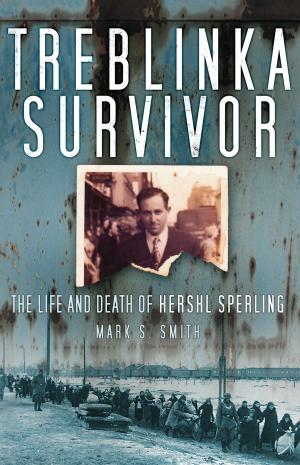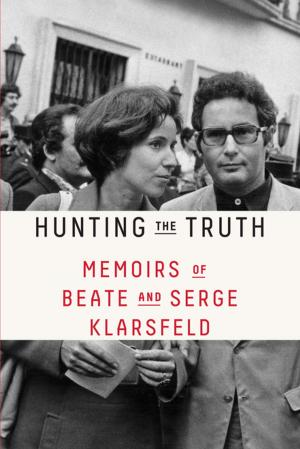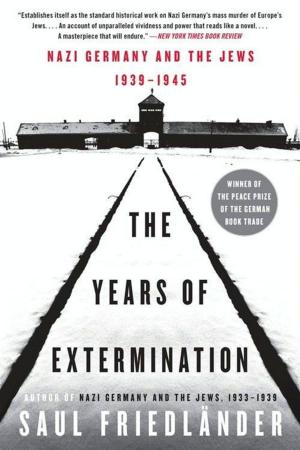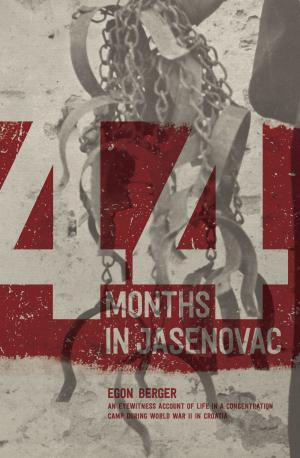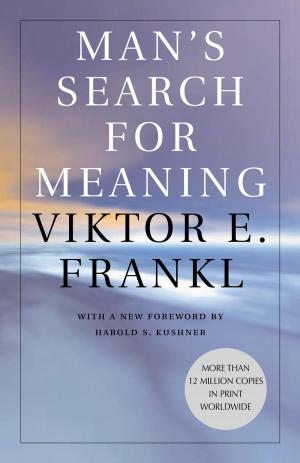| Author: | A Survivor | ISBN: | 9781386837343 |
| Publisher: | Chakra and You | Publication: | September 24, 2017 |
| Imprint: | Language: | English |
| Author: | A Survivor |
| ISBN: | 9781386837343 |
| Publisher: | Chakra and You |
| Publication: | September 24, 2017 |
| Imprint: | |
| Language: | English |
This is the story of a survivor, what he saw and felt during his Calvary from Antwerp to the Malin distribution camp in France and from there to the extermination camp of Buchenwald.
To say that this book contains the scenes of a twentieth-century Inferno may sound commonplace. Yet, every page of this book reminds one of Dante's Inferno, with one exception: The Inferno, the author writes about consumed the lives not of the sinful whom divine justice cast into the immortality of suffering.
This Inferno was thronged by millions, many of whom were babies and little children, mothers and young women who had hoped to become mothers. It was thronged with people who deserved their fates because they were men in the sense that God meant them to be. They were in Inferno because they were strong men and brave, the real heroes of our days. They were doomed because the Nazi super-race set up a different scale of values which regarded heroism as the greatest of sins and considered depravity the greatest of virtues. Reading this book one feels that the titanic Dante himself would have been staggered by the demented criminality the judges of the just displayed. This is the story of No. 22383 of Buchenwald, one of the millions who were doomed and one of the few who escaped. The spirit of many of the survivors was broken, but not the spirit of this prisoner. He has turned his experiences in Inferno into a work of abiding art. A mere number, he had the strength to remain an artist, observing his captors, his fellow-prisoners, life in the shadow of death. He gives us masterpieces of descriptive writing about persons, such as Anya, the guardian angel of the Malin camp, and about events, such as the appearance of the music band, playing joyous tunes, a hundred paces from the crematorium. Throughout, the writing is poignant, vibrant with humanity, a cry "de profundis" and a vow that it must never happen again. This book should be long remembered.
This is the story of a survivor, what he saw and felt during his Calvary from Antwerp to the Malin distribution camp in France and from there to the extermination camp of Buchenwald.
To say that this book contains the scenes of a twentieth-century Inferno may sound commonplace. Yet, every page of this book reminds one of Dante's Inferno, with one exception: The Inferno, the author writes about consumed the lives not of the sinful whom divine justice cast into the immortality of suffering.
This Inferno was thronged by millions, many of whom were babies and little children, mothers and young women who had hoped to become mothers. It was thronged with people who deserved their fates because they were men in the sense that God meant them to be. They were in Inferno because they were strong men and brave, the real heroes of our days. They were doomed because the Nazi super-race set up a different scale of values which regarded heroism as the greatest of sins and considered depravity the greatest of virtues. Reading this book one feels that the titanic Dante himself would have been staggered by the demented criminality the judges of the just displayed. This is the story of No. 22383 of Buchenwald, one of the millions who were doomed and one of the few who escaped. The spirit of many of the survivors was broken, but not the spirit of this prisoner. He has turned his experiences in Inferno into a work of abiding art. A mere number, he had the strength to remain an artist, observing his captors, his fellow-prisoners, life in the shadow of death. He gives us masterpieces of descriptive writing about persons, such as Anya, the guardian angel of the Malin camp, and about events, such as the appearance of the music band, playing joyous tunes, a hundred paces from the crematorium. Throughout, the writing is poignant, vibrant with humanity, a cry "de profundis" and a vow that it must never happen again. This book should be long remembered.







